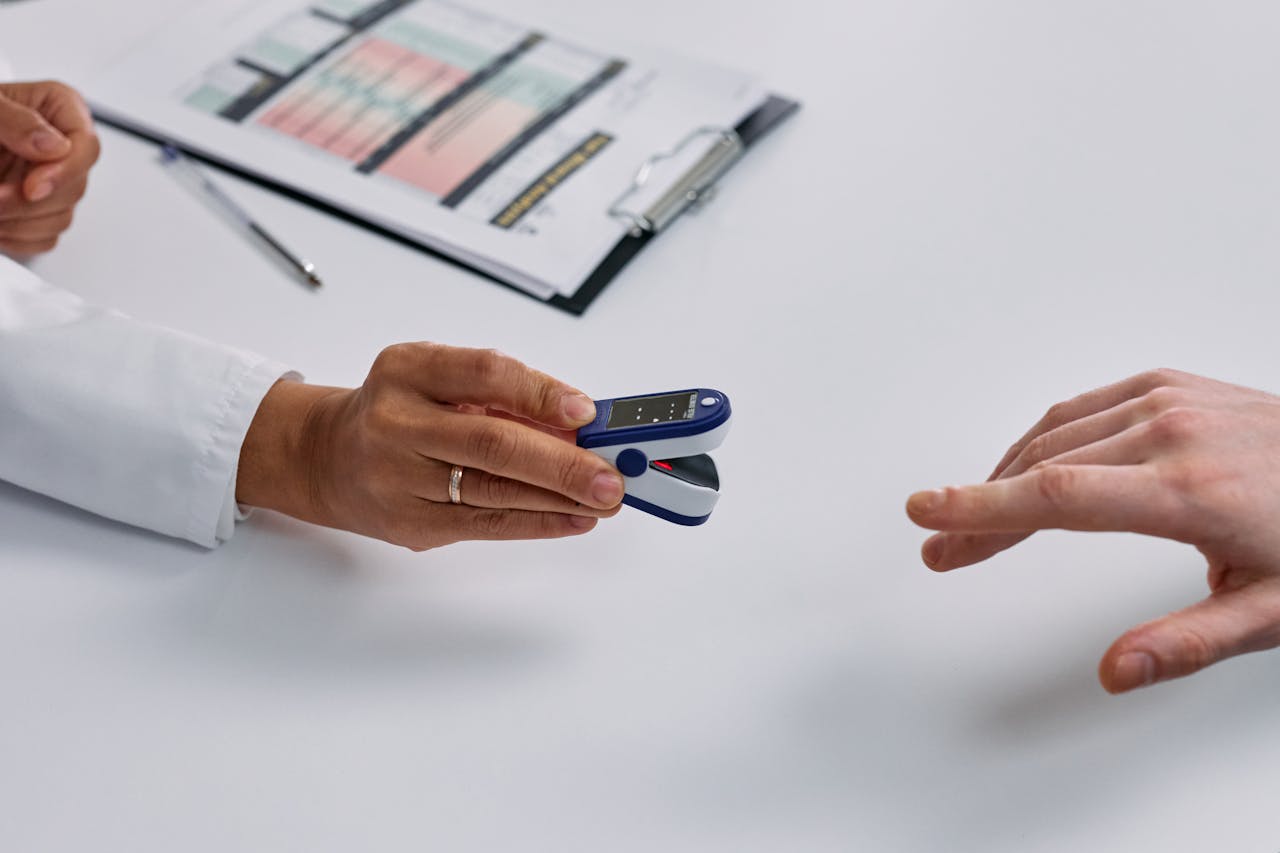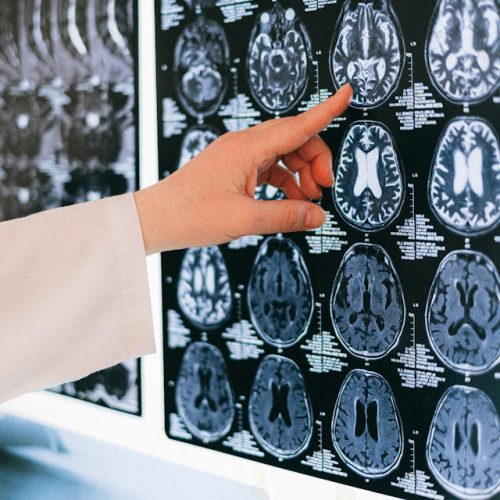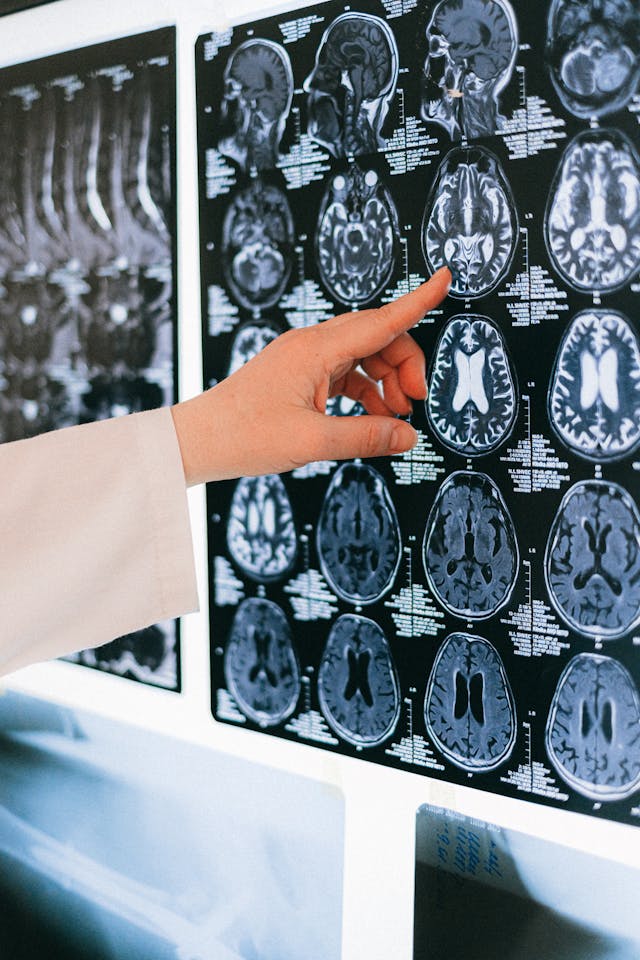Bradycardia is a condition characterized by a slower than normal heart rate, typically fewer than 60 beats per minute in adults. While a slow heart rate can be normal and healthy in some individuals, particularly athletes, in others it can signal an underlying health issue.
Bradycardia can affect the body’s oxygen supply, which in turn can impact brain function and mental health, potentially leading to conditions such as depression.
This article explores the relationship between bradycardia and depression, detailing the symptoms and signs, causes and risk factors, diagnosis, treatment options, prevention tips, and advice on discussing potential bradycardia-related depression with your doctor.
Symptoms and Signs
Bradycardia can lead to a variety of symptoms, some of which directly affect mental health. These symptoms include:
Physical Symptoms
- Fatigue: Persistent tiredness and lack of energy.
- Weakness: Generalized weakness and reduced physical stamina.
- Dizziness: Lightheadedness, especially upon standing up.
- Shortness of Breath: Difficulty breathing, even during mild exertion.
- Chest Pain: Discomfort or pain in the chest area.
- Fainting: Episodes of syncope or fainting due to insufficient blood flow to the brain.
Psychological Symptoms
- Depression: Persistent feelings of sadness, hopelessness, and lack of interest in activities once enjoyed. This symptom can be influenced by the reduced oxygen supply to the brain.
- Cognitive Impairment: Difficulties with memory, concentration, and decision-making.
- Anxiety: Increased feelings of worry and fear, which can exacerbate depressive symptoms.
Causes and Risk Factors
Several factors can contribute to bradycardia and the development of depression:
- Age: Older adults are more likely to develop bradycardia due to changes in heart tissue.
- Heart Disease: Conditions such as coronary artery disease, heart attack, and myocarditis.
- Medications: Certain medications for heart conditions and high blood pressure.
- Congenital Heart Defects: Structural heart problems present from birth.
- Hypothyroidism: Underactive thyroid gland, which can slow down the heart rate.
- Electrolyte Imbalances: Imbalances in minerals such as potassium and calcium that affect heart function.
Diagnosis
Diagnosing bradycardia-related depression involves a combination of medical history review, physical examination, and diagnostic tests. Key diagnostic steps include:
- Electrocardiogram (ECG): To measure the heart’s electrical activity and identify slow heart rates.
- Holter Monitor: A portable device worn for 24-48 hours to record heart activity over time.
- Blood Tests: To check for underlying conditions such as hypothyroidism or electrolyte imbalances.
- Psychological Evaluation: Assessing mental health through questionnaires and interviews.
Treatment Options
The treatment for bradycardia-related depression involves addressing both heart rate issues and mental health concerns. Treatment options include:
- Medications: Adjusting medications that might be causing bradycardia or prescribing drugs to treat underlying conditions.
- Pacemaker: An implanted device that helps regulate heartbeats.
- Lifestyle Changes: Adopting a heart-healthy diet, regular exercise, and avoiding smoking and excessive alcohol.
- Psychotherapy: Cognitive-behavioral therapy (CBT) and other forms of counseling to address depression.
- Antidepressants: Medications to manage depressive symptoms, used in conjunction with other treatments.
Prevention
Preventing bradycardia-related depression involves maintaining a healthy lifestyle and managing risk factors. Tips for prevention include:
- Regular Exercise: Engaging in physical activities that support cardiovascular health.
- Balanced Diet: Consuming a diet rich in fruits, vegetables, whole grains, and lean proteins.
- Avoiding Smoking and Excessive Alcohol: Limiting these habits to improve overall health.
- Managing Chronic Conditions: Properly managing conditions such as hypothyroidism and heart disease.
- Regular Check-Ups: Routine medical check-ups to monitor heart rate and mental health.
Speaking to Your Doctor
If you suspect that bradycardia may be contributing to your depression, it is essential to speak with your healthcare provider. Here are some steps you can take:
- Describe All Symptoms: Be sure to mention both physical and psychological symptoms.
- Request Specific Tests: Ask about ECG, Holter monitoring, and other relevant diagnostics.
- Discuss Treatment Options: Inquire about medications, lifestyle changes, and therapy options.
Disclaimer
This article is for educational purposes only, based on my research. I am not a doctor nor a health advisor. None of the information in this article should be considered without speaking with your primary care doctor first. Always consult with a healthcare professional for medical advice and treatment.








